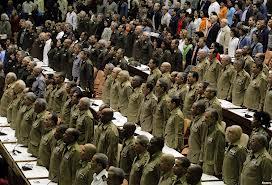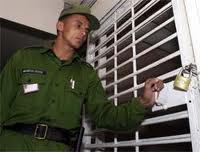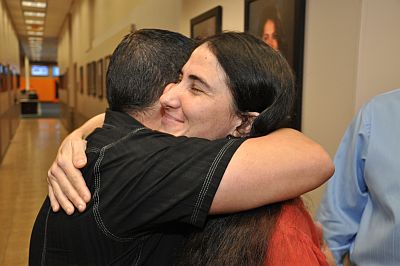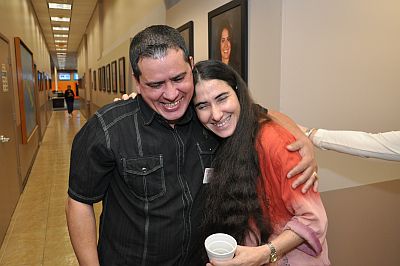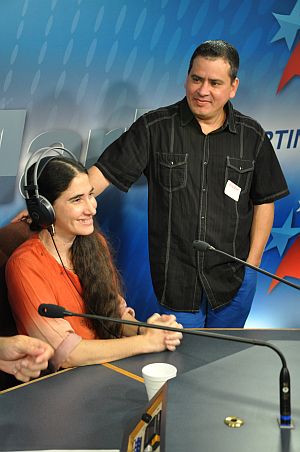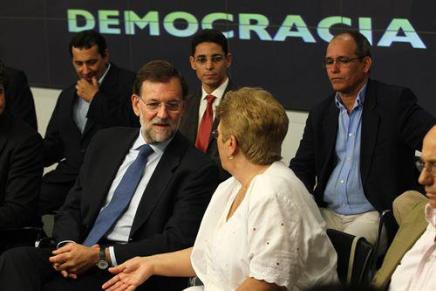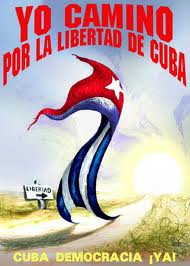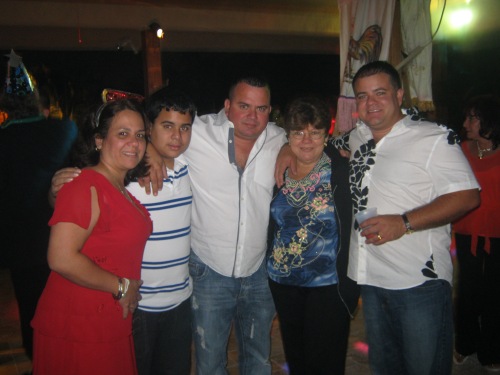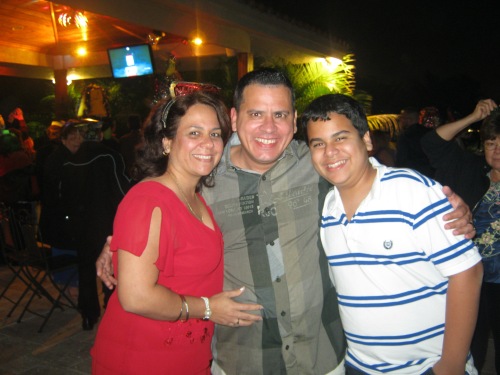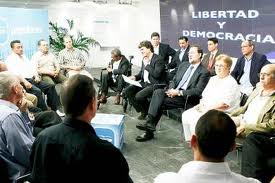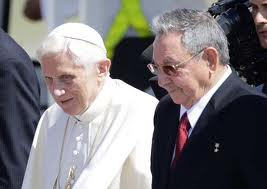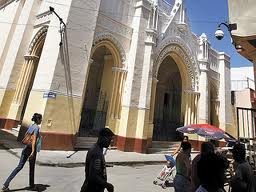Life has shown me that the future is unpredictable and what lies ahead in Cuba is difficult to predict.
The regime in Havana tries to oxygenate itself any way it can. Raul Castro is more pragmatic than his older brother, he knows that system they built is unsustainable and that any moment it could collapse under its own weight.
The elite in power announces more access to the “Internet,” (which will really be an Intranet), controls politics in Venezuela, allows dissidents to leave a return to the island, calls for more foreign investment and under the table tries to approach its eternal enemy, the USA.
Three years outside the island have helped me to mature politically, professionally, and above all, to learn to live as a human being.
From my point of view, those who will rule on Cuba’s future will not be those who have been persecuted, abused, imprisoned and beaten for years. Perhaps one will come to fill an important position in a democratic government, perhaps.
I don’t doubt that some exiled could manage to take the reins of the Cuban nation and that is legitimate, because one never ceases to be Cuban. Also, the exiles have the greatest advantage because in freedom they can study and prepare, unlike those still on the island.
The children, grandchildren and other descendants of those in power in Cuba have studied abroad and that’s not by choice. But the topics studied by a peaceful opponent are the prison bars, hunger and repression, a great deal of repression.
In the Cuba of the future there must be room for the whole world, but if we rest on our laurels, tomorrow our island will be governed by those who today are encroaching upon the rights of Cubans, ordered the beatings, spying on opponents and other atrocities. Those who are pushing for change will be swallowed up by history, not for the first time, I see it coming.
Five decades of repression is a long time to implant fear and erode the values of a people, five decades change the mindset of people and destroy their own capacity to govern. Hopefully, hopefully, I am wrong.
Pablo Pacheco Avila
30 May 2013

